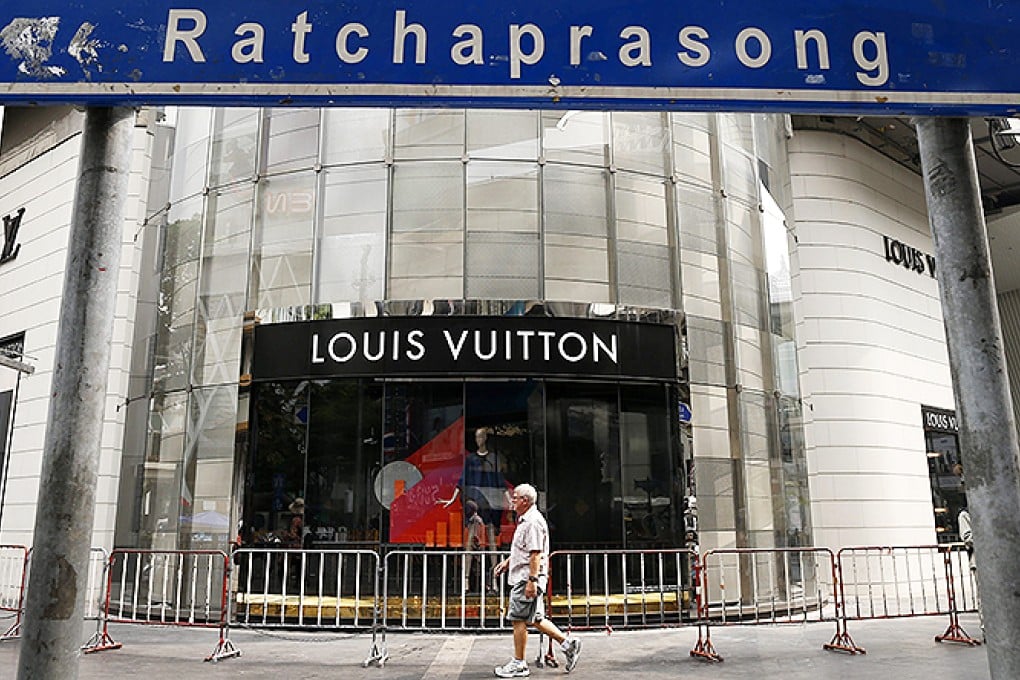More violence or economic crisis looms in Thailand
Simon Tay says it is hard to see what compromise can satisfy all parties

Anti-government protests in Bangkok have lasted more than three months, and yet they continue to confuse people. Much of the international media assert the sanctity of the vote above all else. Most rely on the distinction that the "red shirts" represent the poor, and the "yellow shirts" are the elite - as if simple colour-coding could explain complexities.
Rather than trying to understand, many have prejudged events. Developments over the past week will further confound them, as a new stage in the situation seems to be emerging.
Much relates to the vote that went ahead on February 2 despite disruptions at some polling stations. Although the full results are yet to be confirmed, what is emerging may not vindicate Prime Minister Yingluck Shinawatra's gamble on a snap poll.
Voting was not completed in the south - where the Democrats are strongest - and, without these provinces, a new parliament cannot convene. In other provinces where voting went ahead, unofficial reports say that fewer than half the eligible voters turned out.
Further, early sampling by the well-respected Thailand Development Research Institute suggests support for the ruling Puea Thai party may have been eroded. Questions are being asked about the caretaker government's effectiveness.
New pressure is emerging in the streets. Rice farmers are now protesting alongside the long-encamped yellow shirts rallied by former Democrat deputy premier Suthep Thaugsuban. While not large in number, their presence in Bangkok is a setback for pro-Shinawatra supporters.
The Puea Thai plan to subsidise rice farmers was always a controversial economic policy. The subsidies have cost billions in taxpayers' money and made rice exports uncompetitive. The farmers' complaints cast further doubt on the social benefits of the scheme. On top of this, investigations about corruption have started, causing China to back away from an earlier pledge to buy rice.
